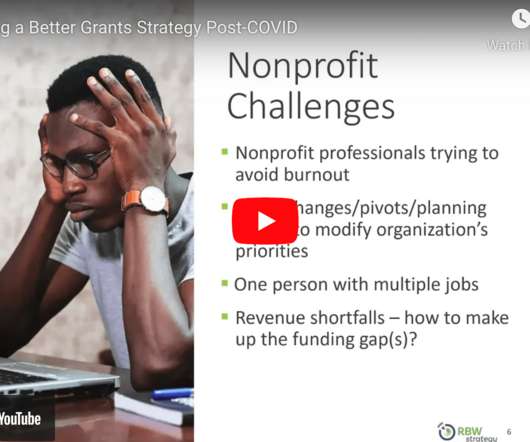Image Beats Text: Good for Museums, Tough for Me
Museum 2.0
JULY 3, 2013
Services like Tumblr, Pinterest, and Instagram are growing at incredible rates, especially with younger users. Most of the professional networks I belong to online operate using the most antiquated of text-based tools: the listserv. Are there opportunities for explicit knowledge-sharing that are rooted in photographs and videos?












Let's personalize your content